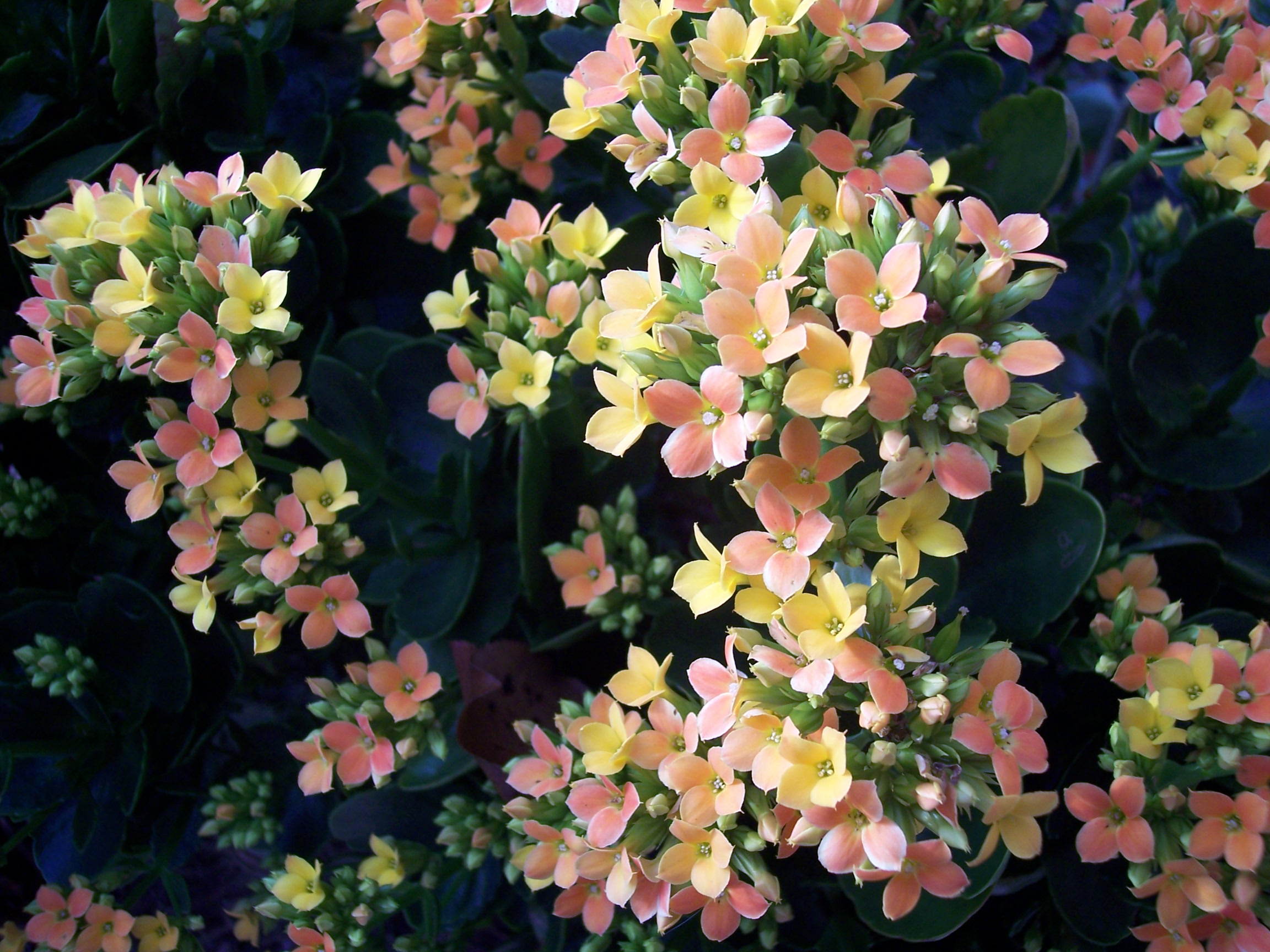
Perfect potted plants to send during winter
Different types of plants thrive during different seasons. When searching for the perfect potted plant to send to a loved one over the winter holidays, there are a number of fantastic options. Here are some great ideas depending on where your loved one is likely to display their new plant.
For window sill displays
If you are looking for plants that will enjoy a space near a window during the winter, there are a number of lovely plants that will make their home that much brighter. Orchids love light and, considering the fact that the days are that much shorter in winter, they will benefit from a window seat. Phalaenopsis and zygopetalums orchids are both excellent choices. The latter is particularly easy to care for and they have a lovely scent too. They will bloom from September until the following spring.
Lady slipper orchids are also really easy to please. They don’t require nearly as much attention as some might think. They require considerably less water and light than other orchids which means that it does well when others might not.
For low light areas
If lighting is a bit of a challenge or window areas are not suitable for playing host to plants, then there are some great plants that are known for not being all that fussy. Three types of ferns will keep any room looking gorgeous and green even in the winter. These include the maidenhair fern, the asparagus fern, and the polypody fern. Each of these ferns has something special and different to offer so it comes down to personal preference.
Other plants that are really easy to care for during the winter include cyclamen, kalanchoe, and any form of cacti or succulent. In fact, cacti and succulents are so easy to care for that they make the perfect gift for anyone with little to no experience caring for plants! Another good tip to remember is to always keep fertilizing to a minimum during these months and water once a week. If your plant is near a radiator or another source of heat, you might need to water more frequently. Plants know when winter has arrived. They can detect lower light levels and this causes them to slow their growth rate. When this happens, they won’t absorb as much water so watering too much will only harm the plant in the end.
